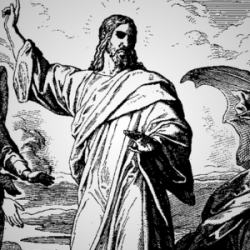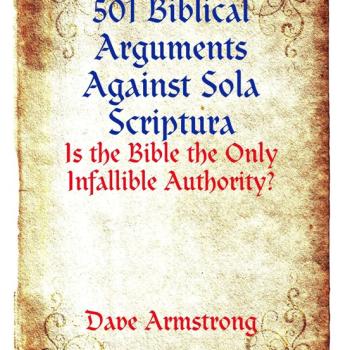"To me, the fatwa phenomenon underscores a key problem in trying to foment any lasting change or reform in the Middle East. There are so many competing voices all claiming legitimacy and competing for authority. The cacophony hampers singling out any one ruling as authentic. Who can sort out the contradictions, when fatwas issued on exactly the same question -- like whether the sexes can share a car to Mecca, or whether women can run in elections -- wind up promoting opinions that are polar opposites? Critics say too many fatwas are rooted in decidedly worldly objectives, such as a desire to push a particular policy, far more often than in weighty religious wisdom."
And yet, there are optimistic community leaders, like Imam Musri, who are willing to continue to work online to engage the faithful and the faith-seeking. His attention is focused no longer on fatwa shopping Internet sites, where there is an inherent one-way exchange between a religious authority and the laity. Rather Imam Musri prefers working with Internet sites that nurture an open space for dialogue, which necessarily includes non-Muslim voices as well.
"If a Christian in London and a Muslim in Los Angeles want to compare notes with a Buddhist in Johannesburg, an open online forum with two-way conversation is the most comfortable portal to offer an exchange of ideas and pathways of understanding."




